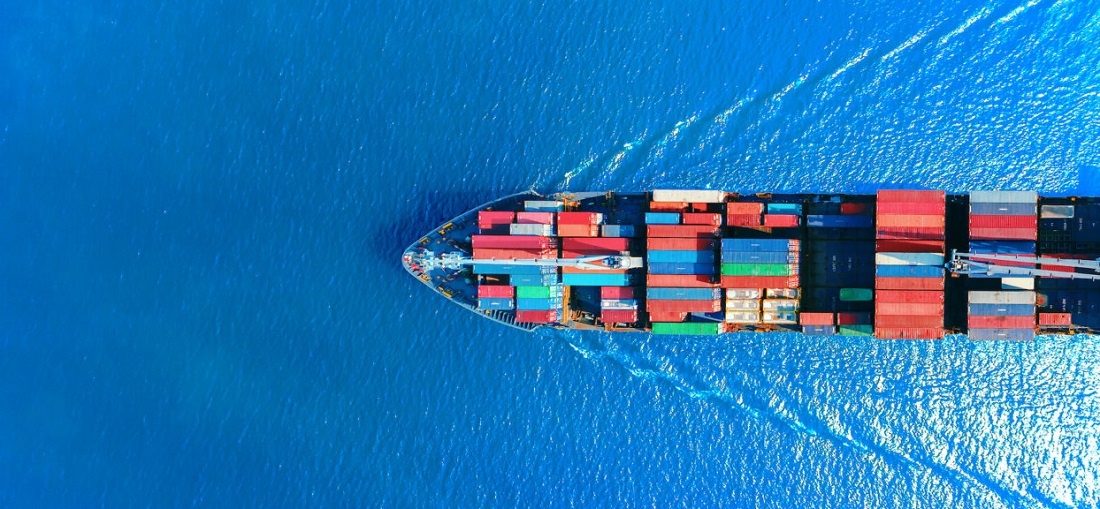
After the freight surge, retailers improvise to stock shelves in time for Christmas
Oct, 05, 2021 Posted by Ruth HollardWeek 202138
In the wake of the gradual resumption of sales in commerce — which grew 6.6% from January to July, according to the IBGE — shopkeepers face a marathon to guarantee stocked shelves for the first Christmas after the advance of parents’ Covid-19 vaccinations. Shopkeepers are counting on the family reunion atmosphere to encourage more shopping for gifts, decorations, and food and are also excited for Black Friday sales in November.
In order not to miss anything, they are anticipating imports and expanding stocks to circumvent the logistical knot caused by problems in global maritime transport.
In addition to the exchange rate, imported goods are weighed down by higher costs due to the increase in the price of transporting containers, especially those coming from China, and the delay in deliveries since there are ships already backed up in overcrowded ports.
“In view of the sudden increase in global demand, the navigation situation is almost post-war”, emphasizes Maurício Lima, a specialist in logistics at Ilos. “When the importer has to choose another modal, the cost becomes even more expensive. And the alternatives in logistics will impact the entire chain. Closer to Black Friday there will be pressure on trucks as well”.
Container shipping rates have soared. Between the end of September 2020 and now, the average price has increased by 400%, to more than $10,500, according to data from the Freightos Baltic Index. There are markets where the average price reached US$ 20,000, such as the US.
For Brazil, sea freight from China is between four and five times more expensive, says Claudio Loureiro de Souza, executive director of the National Center for Transatlantic Navigation (Centronave). He sees ship congestion as a reflection of warming global demand.
Delays are costly
“There is a shortage of containers and ships to handle the current strong cargo movement in the world. It’s bottlenecked. Multi-year contracts, an option for industries that need a secure supply system – such as the automotive or slaughterhouses – have more complex logistics. They are preserved, with almost no variation. It is in the spot market that prices took off; where the retailer usually hires shippers according to demand”, he explains.
Delays have become costly. Thus, the main strategy in commerce has been to anticipate orders, even without guaranteed delivery. Ignacio Sánchez, CEO of Leroy Merlin Brasil, says that there are goods locked in ports in China with no exit in sight. “By the end of the year, we should receive more than 90% of some product lines imported from China. In August and September, we only received 30%. The problem is that nobody knows when the other 70% will arrive. Nobody knows the dates or the costs. This is the big problem, the uncertainty.
Source: O Globo
To read the full original article, visit the link:
-
Grains
Oct, 11, 2022
0
Brazil wheat imports set to grow despite harvest advances
-
Ports and Terminals
Jan, 03, 2022
0
Ceará ports celebrate record numbers and renewed business interest
-
Other Cargo
Dec, 02, 2022
0
Oblivious to price drops, Brazil’s 2023 fertilizer purchases remain timid
-
Ports and Terminals
Feb, 18, 2022
0
New private terminals are expected to draw BRL 9.5 billion in investment



